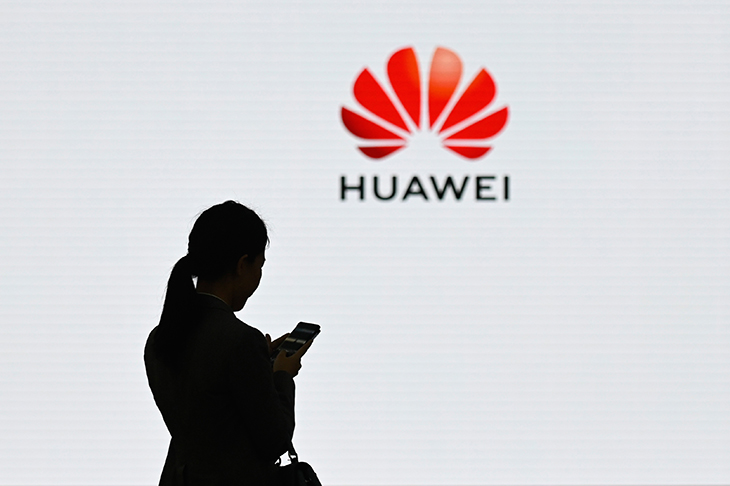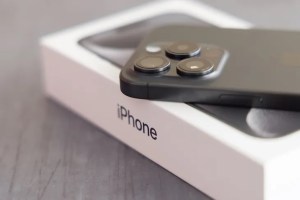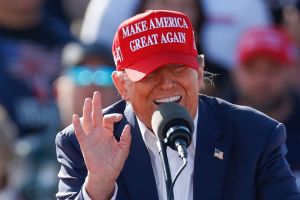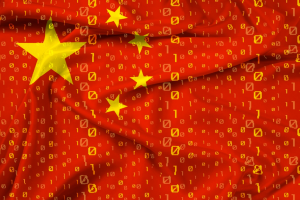I first wrote about the risks and rumors around Huawei — and made bad jokes about its name — in September 2012. That was seven years after BT started ordering cheap equipment from the Chinese telecoms giant without, apparently, delving into stories about its military-connected origins. But 2012 was the year when Huawei was reported to be working with GCHQ via a ‘Cyber-Security Evaluation Centre’ in Banbury to prove its kit was not open to hackers and did not contain ‘backdoor’ listening devices. Since then, no direct evidence of espionage has been reported, only potential vulnerabilities; but the Trump regime has become strident in denouncing Huawei as a conduit for Chinese spying and data theft, and demanding that allies toe the US line.
Hence this week’s standoff, in which Boris Johnson had to choose between affronting the White House and incurring the cost and delay of replacing Huawei in UK 5G plans. Few seem to think his compromise of excluding Huawei from the ‘core’ of the networks is either technically feasible or politically convincing.
But perhaps he analyzed the issue as the thriller writer (of Seventy-Two Virgins, 2004) he once was. If you were China’s top spymaster, the last thing you’d do right now is order Huawei to up its game and channel more intelligence. Rather, you’d be finding new ways to slip bugs into Asian-made components of rival 5G systems sold by Nokia and Ericsson and smartphones from Apple and Samsung. Last year I quoted a Californian security expert on ‘the dirty secret’ that ‘most of the world’s computing infrastructure is a similar nightmare’. On this theory, the most sinister thing about Huawei is how clean it is, because that means Beijing has found other ways to steal our secrets.
Digital tax card
It was bold of Sajid Javid to declare in Davos that ‘we plan to go ahead with our digital services tax in April’, provoking US Treasury secretary Steven Mnuchin to respond that ‘if people wanna just put taxes arbitrarily on our digital companies, we’ll consider arbitrarily putting taxes on car companies’. That’s the way of the world — and a tariff on exports to the US of cars with UK content would cause more pain than the gain from a 2 percent levy on UK revenues of Amazon, Apple, Facebook and Google.
France and Australia have shelved similar tax proposals, saying they’ll wait for the OECD to come up with solutions to the problem of multinational ‘profit shifting’ which it says causes lost tax revenues of as much as $240 billion a year. So why would Javid go it alone, even if his measure is a temporary one that would fall away when the OECD’s 135-nation scheme comes into action? Perhaps he doesn’t believe the OECD capable of delivering — a view shared by leftist economists such as Thomas Piketty and Joseph Stiglitz, who favor a minimum global profit tax rate of 25 percent.
It seems very unlikely that the world will ever agree to unified corporate tax rates, thereby eliminating the tax competition in which the UK, for one, aims to be a player. Barring that, imagine the complexities of establishing an international tax authority with the power to redistribute receipts from one member state to another, reflecting the origin of multinationals’ profits. If the US refused to participate, it wouldn’t work at all.
So perhaps Javid is right to be skeptical — or perhaps he was just grandstanding. Right now on several fronts, including Huawei, ministers don’t want to be seen kowtowing to Trump. A UK-US trade deal is years away, perhaps beyond a second Trump term, so everything’s to play for. And when negotiations get stuck, the digital services tax will be one handy card to throw away.
Going viral
The Sars epidemic in 2003 caused a 1 percent fall in mainland China’s GDP and a 2.6 percent fall in Hong Kong, where it was highly disruptive to trade and tourism; global GDP loss was estimated at around $40 billion or, to put it in grim terms, $50 million per fatality. Similar impacts can be expected from coronavirus — hence nervous stock markets, a dip in the oil price and an uptick for gold. But some economists have been swift to point out that China today, compared with 2003, is both more integrated into the global economy and more dependent for growth on its own consumers’ spending: with 50 million of them currently in ‘lockdown’, the setback could be more severe this time.
Still, I told a concerned neighbor early last week, we shouldn’t worry excessively about the new bug, because Wuhan, the inland city where it originated, is 6,000 miles from our Yorkshire town, without the remotest connection. Then on Thursday in London I sat across a club table from a doctor who said he’d spent the day at one of the capital’s airports, having been called out to screen passengers arriving from China. ‘Just the odd case of flu,’ he reassured us as he passed the water jug. ‘Nothing to worry about.’ Back home for my own birthday party on Friday, I kissed at least 25 of my neighbors. As the great science-fiction satirist Kurt Vonnegut Jr would have said: ‘So it goes.’
Carney’s swan song
The ‘black swan’ of an unforeseen Chinese downturn may be a factor in the Bank of England’s interest rate decision this week; rumors were swirling of a possible cut on Thursday from 0.75 percent back to a crisis-level, rock-bottom 0.5 percent. But if I were a member of the Monetary Policy Committee, I’d be voting to wait and see until March. It’s true that growth was near zero as last year ended, but business confidence, housing market activity and job numbers all showed perkier signs in January. The nine-strong MPC decides by majority vote, but still a rate cut on the very eve of our Brexit departure might look like an ‘I told you so’ parting gesture from Mark Carney — and the wrong sort of swan song.
This article was originally published in The Spectator’s UK magazine. Subscribe to the US edition here.



















